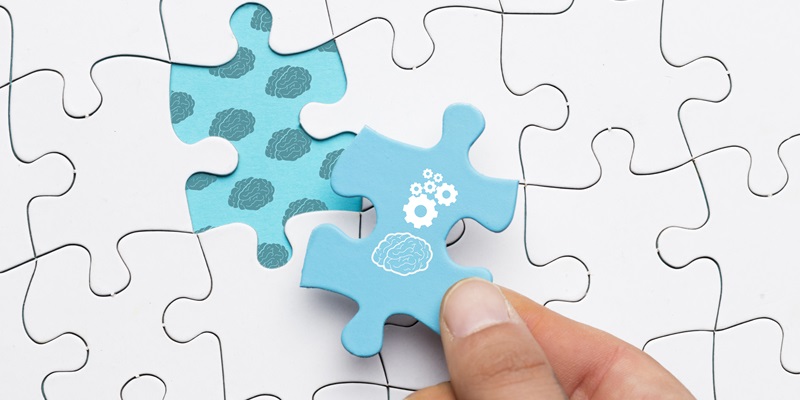The emergence of ChatGPT in therapeutic applications has paved the way for innovative approaches in mental health support. ChatGPT, a powerful language model developed by OpenAI, offers promising possibilities for individuals seeking assistance. This article explores the advantages and limitations of ChatGPT as a tool for mental health support, emphasizing its ability to provide 24/7 support, its non-judgmental nature, anonymity, and personalized approach. It also addresses the importance of emotional connection and understanding, the ethical considerations surrounding the use of ChatGPT, and the need for ongoing research and development.
Advantages of ChatGPT for Mental Health Support
One of the key advantages of ChatGPT is its ability to provide support around the clock. Unlike traditional therapy sessions, which are often limited to specific hours, ChatGPT enables individuals to access help whenever they need it. This uninterrupted availability can be particularly beneficial for those facing urgent mental health concerns or individuals residing in remote areas with limited access to mental health resources.
Non-judgmental Nature
ChatGPT’s non-judgmental nature serves as a unique advantage, facilitating the open expression of thoughts and feelings without fear of stigma or judgment. Many people hesitate to discuss their mental health struggles due to societal taboos or concerns about being perceived negatively. By eliminating human biases and prejudices, ChatGPT creates a safe space in which individuals feel comfortable sharing their concerns.
Anonymity and Impartiality
For individuals who feel uncomfortable discussing their mental health issues with another person face-to-face, ChatGPT offers a level of anonymity and impartiality. The absence of personal connection and preconceived notions allows individuals to disclose personal experiences without the fear of being identified or judged. This anonymity can reduce barriers to seeking help and enable users to explore sensitive topics at their own pace.
Providing Educational Materials and Coping Strategies
ChatGPT can offer valuable educational materials and coping strategies tailored to an individual’s specific mental health needs. Through its vast database of information and resources, ChatGPT can provide users with evidence-based psychoeducation on various mental health conditions, leading to a better understanding of their experiences and potential strategies for managing symptoms.
Tailored Resources for Specific Needs
By leveraging its natural language processing capabilities, ChatGPT can assess an individual’s unique circumstances and provide relevant resources. These resources may include self-help materials, guided meditations, breathing exercises, or recommendations for further professional assistance. The tailored approach ensures that individuals receive support that aligns with their specific concerns and preferences.
Encouraging Active Management of Mental Health
ChatGPT’s personalized approach empowers individuals to take an active role in managing their mental health. By providing actionable suggestions, setting achievable goals, and tracking progress, ChatGPT can support individuals in implementing effective strategies and building resilience. This active involvement can foster a sense of empowerment and enhance long-term well-being.
Lack of Emotional Connection and Understanding
While ChatGPT provides valuable information and resources, it may struggle to establish the same level of emotional connection and understanding as human therapists. Emotional support and empathy are integral to the therapeutic process, and the absence of these qualities in ChatGPT can limit its effectiveness in addressing complex emotional needs.
Ethical considerations and the need for ongoing research
To ensure the ethical and responsible use of ChatGPT in mental health support, it is imperative to address potential concerns. Ongoing research and development are necessary to refine ChatGPT’s algorithms, enhance its understanding of human emotions, and improve the provision of emotional support. Additionally, ethical considerations must be taken into account, including informed consent, privacy protection, and addressing potential biases in the training data.
ChatGPT holds immense potential in enhancing mental health support and well-being. Its 24/7 availability, non-judgmental nature, anonymity, and personalized approach make it a valuable tool for individuals seeking assistance. However, it is crucial to acknowledge the limitations of ChatGPT, particularly in terms of emotional connection and understanding. By continually refining and expanding the capabilities of ChatGPT, researchers and developers can navigate ethical considerations and ensure its responsible integration into mental health support systems. Through ongoing research and development, ChatGPT has the potential to revolutionize mental healthcare and provide greater accessibility and support to individuals worldwide.

